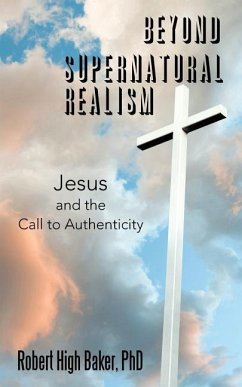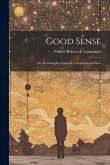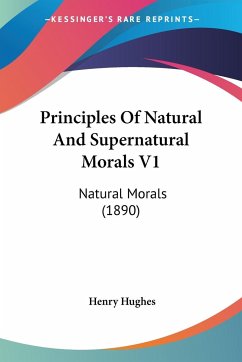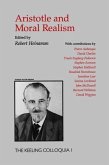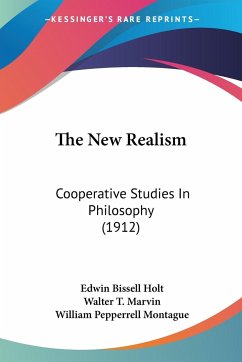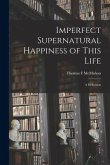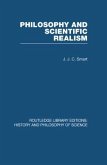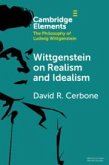For almost two millennia, Christians have struggled with the confusing language of the Nicene Creed and its strange intermingling of Greek and biblical traditions. And for the past several centuries, at the least, Christians have also wrestled with another challenge: the insistence in orthodox Christian doctrine that their faith depends on a belief in a supernatural realism that places God, truth, and ultimate reality itself somewhere other than in the natural, human world. In Beyond Supernatural Realism, author Dr. Robert High Baker explores how these ideas about supernatural realism asserted in the Nicene Creed came to be, and he argues for another way to understand the meaning of Jesuss life and death through the lens of existentialist philosophy and philosophers like Heidegger and Kierkegaard. Existentialist thought gives us an alternative way to understand what we mean by God, the nature of faith, and the power of Christ, and it unburdens contemporary Christians from the limitations of antiquated cultural traditions. For modern-day individuals, supernatural reality has no meaning for them in their day-to-day lives, yet these individuals are asked to accept such a reality as the basis for their faith. But by turning to existentialist thought as a way to leave behind concepts that no longer make sense in the modern world, we can instead discover what being a Christian might truly mean.
Hinweis: Dieser Artikel kann nur an eine deutsche Lieferadresse ausgeliefert werden.
Hinweis: Dieser Artikel kann nur an eine deutsche Lieferadresse ausgeliefert werden.

